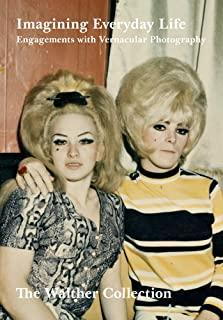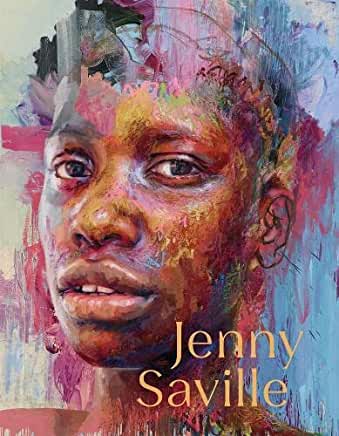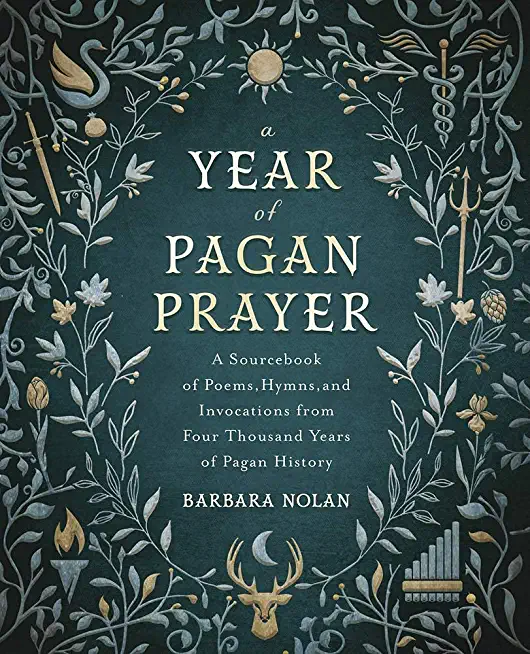
description
3
Imagining Everyday Life: Engagements with Vernacular Photography surveys the expansive field of vernacular photography, the vast archive of utilitarian images created for bureaucratic structures, commercial usage and personal commemoration (as opposed to aesthetic purposes). As a crucial extension of its ongoing investigation of vernacular photography, the Walther Collection has collaborated with key scholars and critical thinkers in the history of photography, women's studies, queer theory, Africana studies and curatorial practice to interrogate vernacular's theoretical limits, as well as to conduct case studies of a striking array of objects and images, many from the collection's holdings.
From identification portraits of California migrant workers, physique photographs that circulated underground in queer communities, to one-of-a-kind commemorative military albums from Louisiana to Vietnam, these richly illustrated essays treat a breadth of material formats, social uses and shared communities, offering new ways to consider photography in relation to our political affiliations, personal agency and daily rituals. Imagining Everyday Life evolved from a two-day symposium at Columbia University in October 2018--a collaboration between the Walther Collection, Barnard's Center for Research on Women and the Center for the Study of Social Difference at Columbia University. This publication unfolds in four parts: Why Vernacular Photography? The Limits and Possibilities of A Field; Troubling Portraiture: Photographic Portraits and The Shadow Archive; Performance and Transformation: Photographic (Re)visions of Subjectivity; and Space, Materiality and the Social Worlds of the Photograph. Texts by Ariella Azoulay, Geoffrey Batchen, Ali Behdad, Elspeth Brown, Cl ment Ch roux, Lily Cho, Nicole Fleetwood, Sophie Hackett, Patricia Hayes, Barbara Kirshenblatt-Gimblett, Thy Phu, Leigh Raiford, Shawn Michelle Smith, Drew Thompson, Laura Wexler, and Deborah Willis.member goods
No member items were found under this heading.
Return Policy
All sales are final
Shipping
No special shipping considerations available.
Shipping fees determined at checkout.







